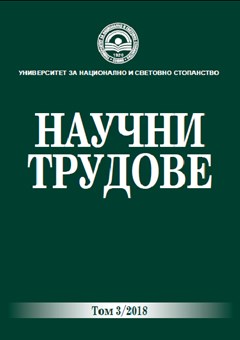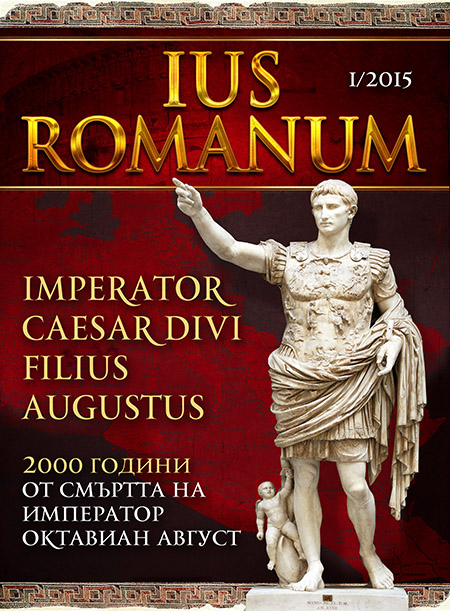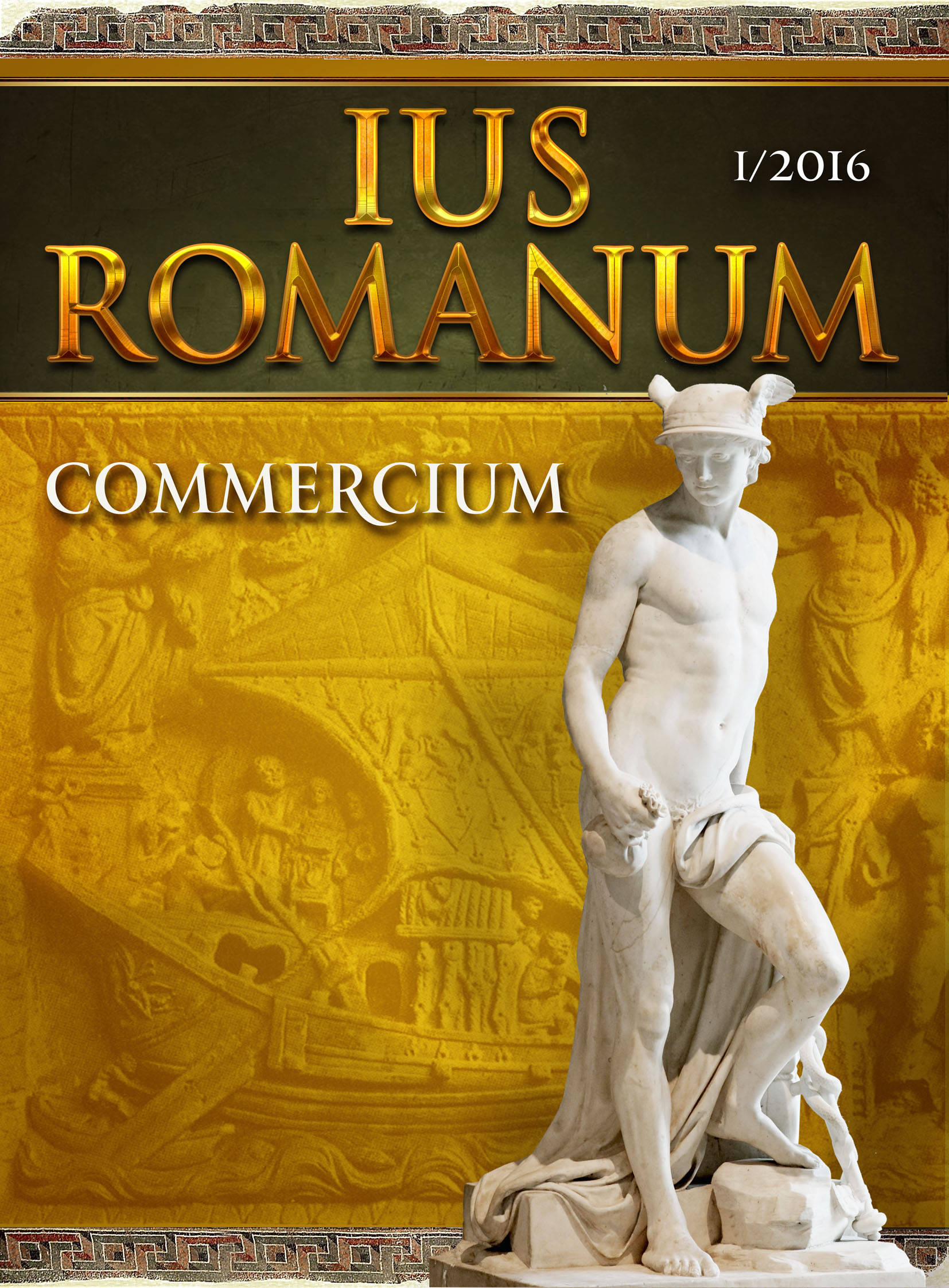
Transaction Costs and Institutional Change of Trade Litigations in Bulgaria
The methods of new institutional economics for identifying transaction costs of trade litigations in Bulgaria are used in the current paper. The main purpose of the model is to be forecasted the rational behaviour of trade litigation parties in accordance with the transaction costs in the process of enforced execution of the signed commercial contract. The implementation of the model is related to the more accurate measurement of transaction costs on microeconomic level.
More...


